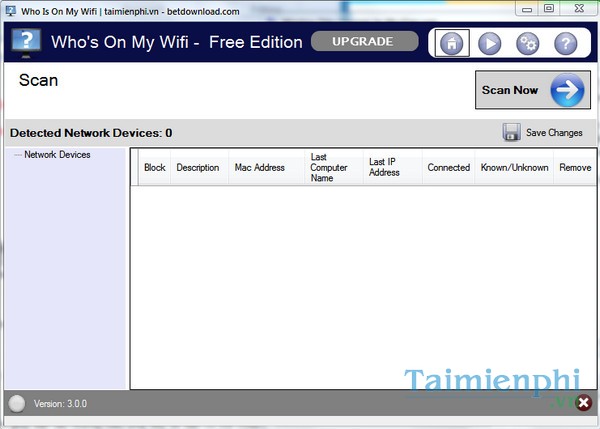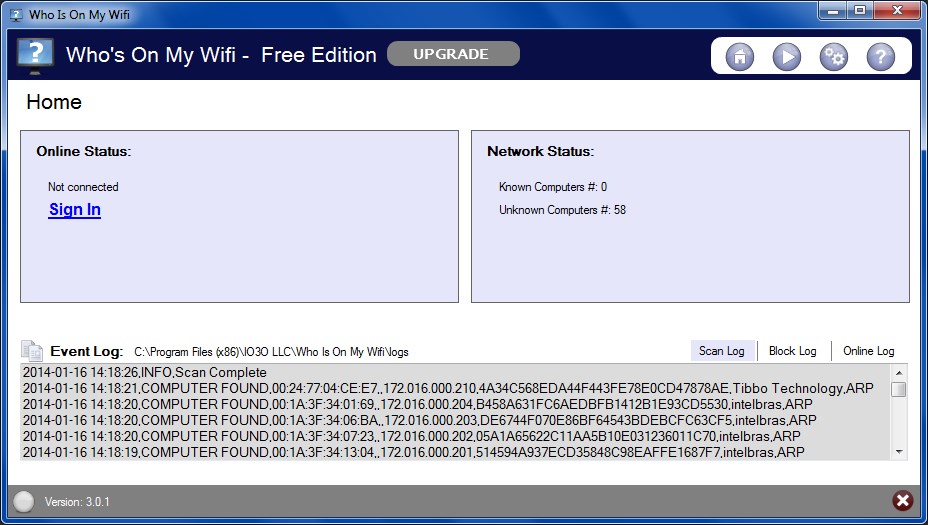

The modem and router are in our bedroom for the sake of a stronger signal from the nearest tower. We bought a little flip switch that controls the power coming from the outlet. We plugged both our router and our modem into an inexpensive extension cord with three receptacle slots. (That is not a technical explanation, but it is about what I understand and it makes a simple way to explain the problem to others you may be trying to help.) One way to shut the router "off" is to pull the power plug from the back of the router. Routers overheat, or they become "confused" and just need to clear their minds. Most of the time your WiFi signal will be restored and ready to use. Often the router just needs a brief time out. Then the signal is carried by cable to the router, which sends the signal like a radio wave to be received by an antenna in your computer. The modem receives the WiFi signal from your service provider and processes it so your computer can use it. Some types of malware focus specifically on WiFi routers, either using their resources for malicious purposes or taking advantage of their central role to attack as many people as possible.The WiFi system in your house will have a modem and a router. If someone on your network gets infected by a dangerous strain of malware, the malicious software could spread to other computers and devices on the network. The sad truth is that most computer users have terrible habits when it comes to security and seldom take even the most basic security precautions.

While it’s certainly possible to restrict access to these files, most people lack the required know-how, and it’s almost always easier to stop the intruder before the gates rather than allowing him or her to enter the town and then locking every door individually.īut perhaps the most important reason why you shouldn’t let strangers use your WiFi is security. When someone joins your wireless network, either because the person has managed to steal your password or because you gave the person the password yourself, the encryption stops affecting your security with respect to them.ĭepending on how your computer and other devices are configured, a stranger who joins your WiFi might gain access to the files that you share among computers, printers, and other connected devices. Wireless encryption ensures that anyone who doesn’t have the encryption password can’t snoop on you and possibly steal your private information. If you don’t depend on fast Internet access and are a generous person by nature, you might be wondering, “Why should I care who’s on my WiFi in the first place?” The answer to this question has everything to do with security and privacy.Īs you may know, most modern wireless networks are encrypted.


 0 kommentar(er)
0 kommentar(er)
